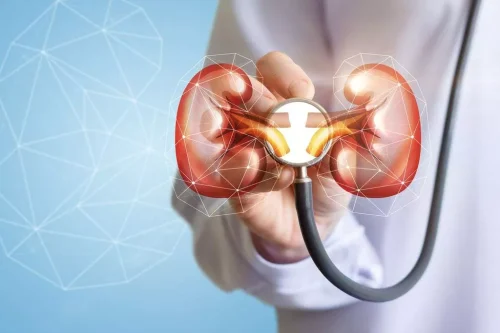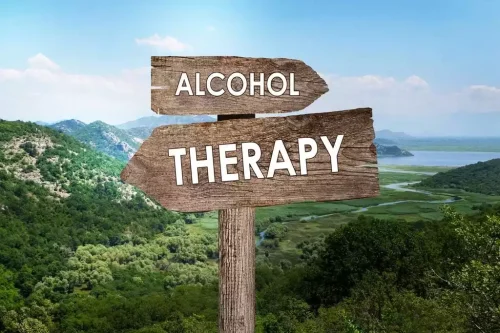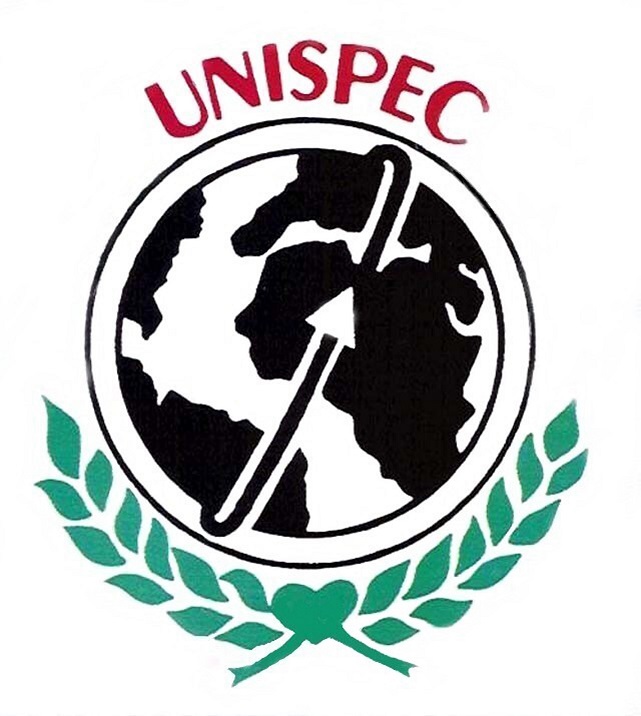They begin to disqualify the positives they have gained through recovery. The cognitive challenge is to acknowledge that recovery is sometimes hard work but addiction is even harder. If addiction were so easy, people wouldn’t want to quit and wouldn’t have to quit. They occur when the person has a window in which they feel they will not get caught. Part of relapse prevention involves rehearsing these situations and developing healthy exit strategies.

What is the importance of a relapse prevention plan?
It helps you break free from unhelpful thought patterns and focus on healthier alternatives for managing stress. A relapse prevention plan works best when you do it under a therapist or counselor’s supervision. That way, you can explore new behaviors and thought patterns to help you stay clean. Cognitive behavioral skills refer to your ability to recognize thought patterns influencing types of relapse triggers your emotions and determining your behavior. Whether you or a loved one are experiencing challenges controlling their addictive behaviors, the road toward rebuilding self-control can be overwhelming. Rehab for cocaine addiction can provide many benefits and help people learn new ways to manage their addiction and cravings and boost their chances of maintaining abstinence.
Substance Use Treatment
When you’re ready to celebrate how good life can be, celebrate among people who know how hard the struggle can be. Addiction recovery is challenging for many reasons, one of which is the potential for relapse. Twelve-step groups include Alcoholics Anonymous (AA), Narcotics Anonymous (NA), Marijuana Anonymous (MA), Cocaine Anonymous (CA), Gamblers Anonymous (GA), and Adult Children of Alcoholics (ACA). Every country, every town, and almost every cruise ship has a 12-step meeting.
- Not least is developing adaptive ways for dealing with negative feelings and uncertainty.
- This is the stage that is most commonly thought of when one hears the term relapse.
- It helps to compare addiction relapse to relapse in other chronic conditions.
- We have more information for you about the recovery process and how to get started.
- The brain registers these stimuli and processes them in the same areas involved in drug-seeking behavior.
- They often involve people with whom you engaged in alcohol and drug addiction or places where it occurred.
- When you become addicted to a substance, your brain functions change, making it challenging to overcome your condition.
Relapse Prevention: Strategies to Avoid Triggers

Those in recovery need to learn that feeling uncomfortable is not a state that needs remediation. Coping methods learned in therapy help people remain grounded and reduce the craving for the escapism of substance abuse. Alcohol is particularly difficult because so many people view drinking as normal, and it can crop up in unexpected places like office parties or even a neighborhood potluck. It’s important to make a list of people, places and things that are significant triggers for you so you can avoid putting yourself in a situation that may support relapse. Enlist the help of a friend, counselor or sponsor to get down the triggers you may not think of right off the bat. For many people, engaging socially and forming a support system in recovery can feel exhausting.
Exposure to substances or peer pressure
Some relapses start with lapses that become more prolonged or frequent until the individual returns to uncontrolled substance use. But failure to cope with cravings and other mental stressors can result in a need to “escape” through relapse. Another form of relapse is a “lapse.” A person lapsing may have one or two drinks then return to sobriety.

Reach out now and join our supportive
Engaging in fulfilling activities that replace substance use can help you stay on the right track and maintain your sobriety. The best way to deal with https://ecosoberhouse.com/ this relapse trigger is to have a strong support network. Reach out to family members or friends who are safe and encouraging or join a support group.
Coping Mechanisms for Recovery

- The goal is to help individuals move from denied users to non-users.
- The belief that addiction is a disease can make people feel hopeless about changing behavior and powerless to do so.
- The majority of people who decide to end addiction have at least one lapse or relapse during the recovery process.

